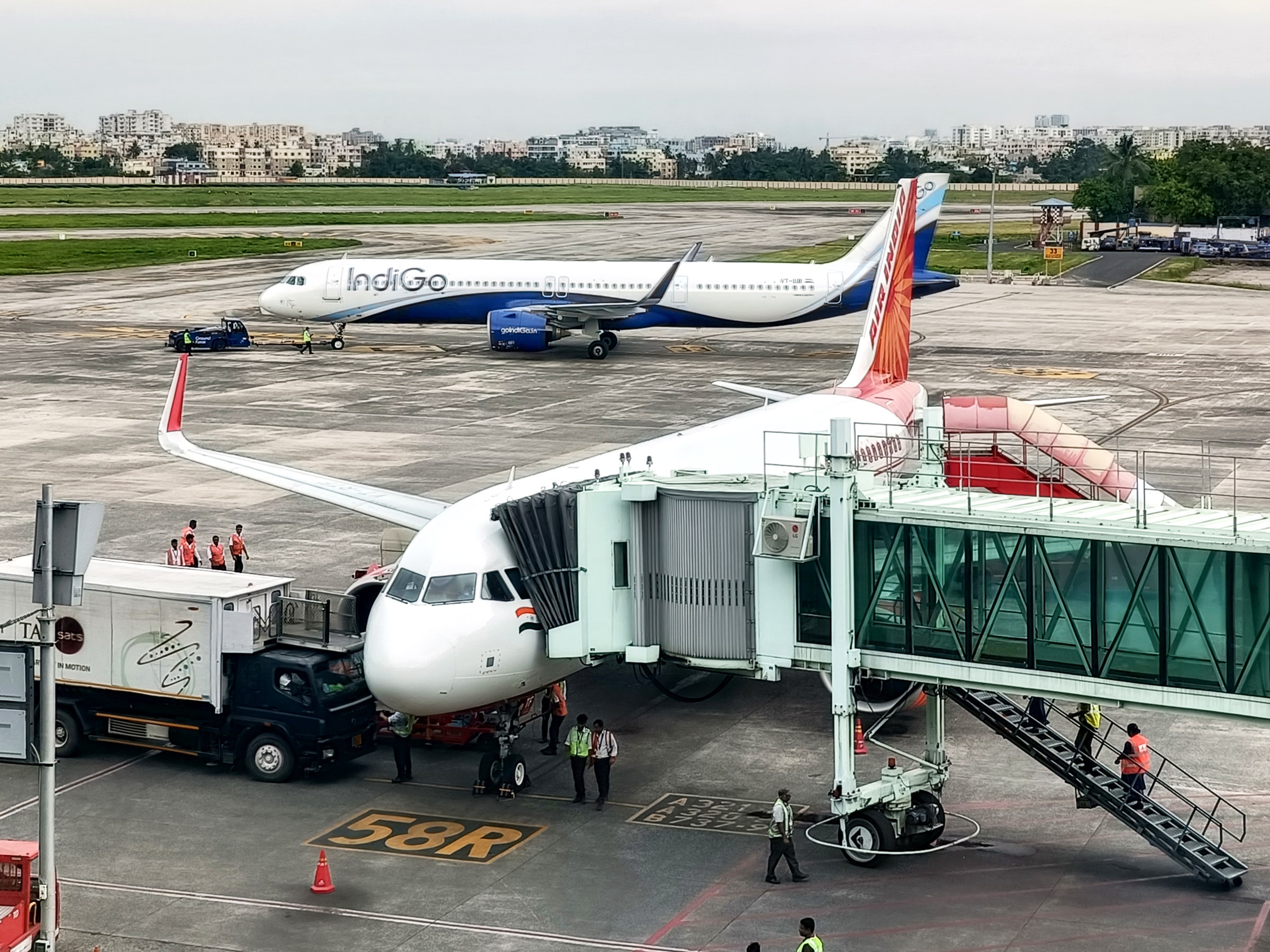Pilots Are Dying of Tiredness. Tech Can’t Save Them
In recent years, there has been a troubling rise in reported cases of pilots experiencing fatigue while on duty. This dangerous trend has led to an increase in the number of accidents and incidents involving aircraft, putting the lives of passengers and crew at risk.
While technological advancements have made great strides in improving safety measures in aviation, they have fallen short in addressing the issue of pilot fatigue. Even with the introduction of automated systems and cockpit management tools, the human element remains a critical factor in the operation of an aircraft.
Studies have shown that long hours, irregular schedules, and jet lag are major contributors to pilot fatigue. Despite efforts by airlines to implement fatigue risk management programs, pilots continue to struggle with inadequate rest and sleep during their duty cycles.
The Federal Aviation Administration (FAA) has strict regulations in place regarding pilot rest and duty times, but enforcement and compliance have been challenging. Many pilots are reluctant to report fatigue due to fear of repercussions or loss of job opportunities.
It is imperative for airlines and regulatory agencies to prioritize the well-being of pilots and address the issue of fatigue in a proactive manner. This includes implementing more structured rest periods, improving scheduling practices, and providing better education and resources on fatigue management.
While technology can assist in monitoring and identifying fatigue-related risks, ultimately it is up to the industry and stakeholders to ensure that pilots are adequately rested and ready to perform their duties safely and effectively.
Failure to address the issue of pilot fatigue not only jeopardizes the safety of air travel, but also puts the lives of countless individuals at risk. It is time for the aviation industry to take a stand and commit to prioritizing the health and well-being of its pilots.
Only then can we prevent more tragic incidents and ensure that pilots are not dying of tiredness in the cockpit.
